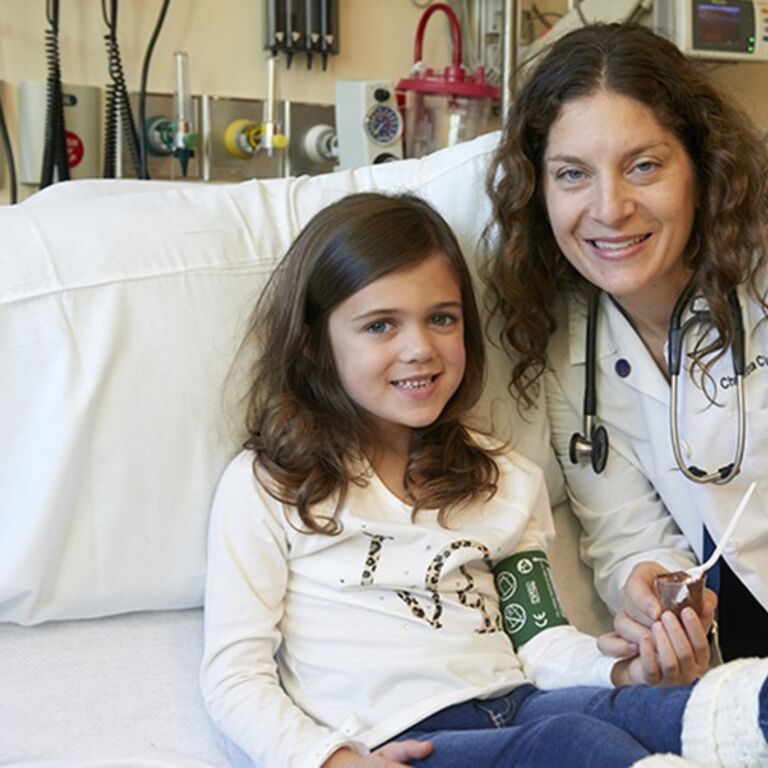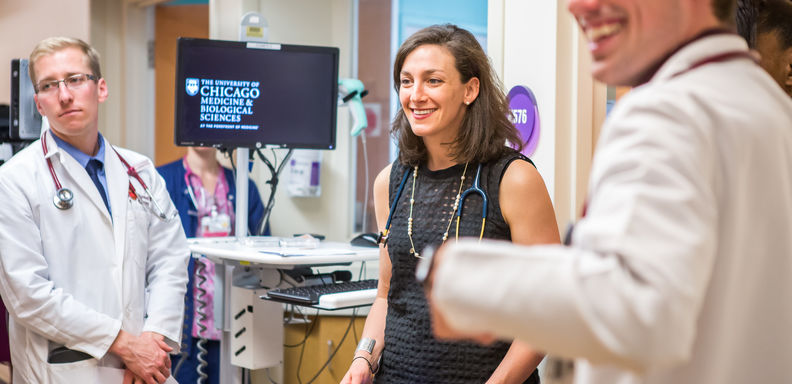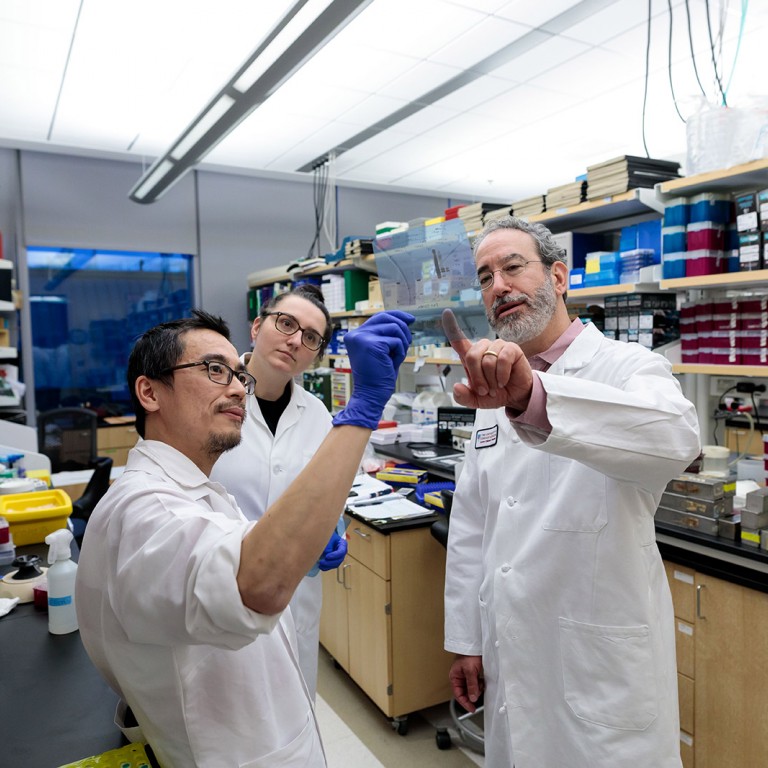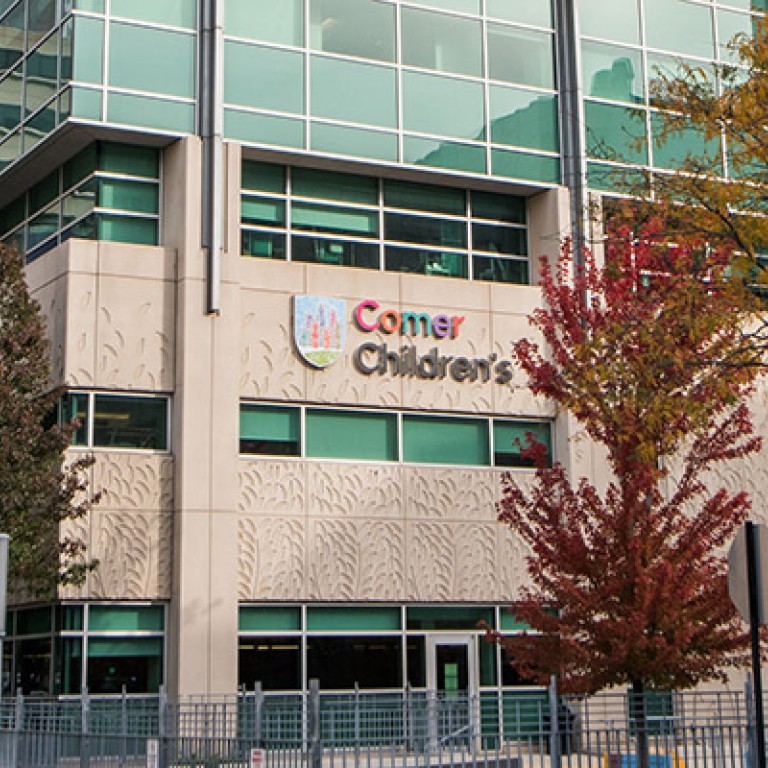Clinical Training:
One of the unique features of the training program in Pediatric Endocrinology at the University of Chicago is the emphasis of clinical exposure throughout the duration of the fellowship. Pediatric Endocrinology fellows devote 11-12 months of fellowship to clinical training, with inpatient consult months and outpatient clinics divided over the three years of fellowship training. This not only allows trainees to develop their research projects early on in their first year of training, but also allows trainees to function in supervisory roles in the later years of their training. Throughout all three years endocrine and diabetes continuity clinics which are directly supervised by a Pediatric Endocrinology attending physician. Fellows have the opportunity to follow their own patients starting from diagnosis and continuing with follow-up care. Trainees are closely mentored in their presentation skills and in writing letters to referring physicians. A sample schedule is shown below:
- 5-6 months of consult service
- 4 endocrine clinics monthly
- 2 diabetes clinics monthly
- 3-4 months of consult service
- 4 endocrine clinics monthly
- 2 diabetes clinics monthly
- 2-3 months of consult service
- 4 endocrine/diabetes clinics monthly
Educational Curriculum:
Fellow graduates will have the knowledge as well as the clinical, procedural, research, communication, administrative skills to pursue an academic career in Pediatric Endocrinology. We accomplish this through a combination of clinical training, research instruction, and a weekly fellows' conference.
The weekly fellow's conference is designed to provide a rigorous instruction in the core content of Pediatric Endocrinology. In addition to didactic sessions, we hold journal clubs, and case reviews.
Research Training:
A significant portion of fellowship training is devoted to the development and completion of a research project. Fellows receive guidance from early in their first year in designing a project that both fits with the fellows' interests and is appropriate in scope. By the mid-point of the first year, fellows are expected to have identified a mentor and started on an appropriate research project. Fellows are encouraged to utilize the diversity of resources available at the University of Chicago, and may choose to pursue a basic, clinical, or translational research project. Those fellows without prior formal basic science training or clinical research training will be encouraged to take selected classes relevant to their research. These classes are offered at the University of Chicago and are free of charge. Each fellow selects both a research and a clinical mentor, whom they meet with frequently throughout their training. In addition, they meet twice yearly with their Scholarship Oversight Committee to ensure appropriate progress toward completion of their investigation.
During the third and subsequent years, trainees receive additional preparation for independent research careers. An area of research is identified which will build on the expertise acquired by the trainee during the first two years of training but will allow him/her to begin to develop some independence from the research preceptor. They also take a more active role in teaching junior fellows. During this phase, the fellow is expected to develop preliminary data in an area which is identified as his/her own to be able to compete effectively for a junior faculty position and independent research funding.



